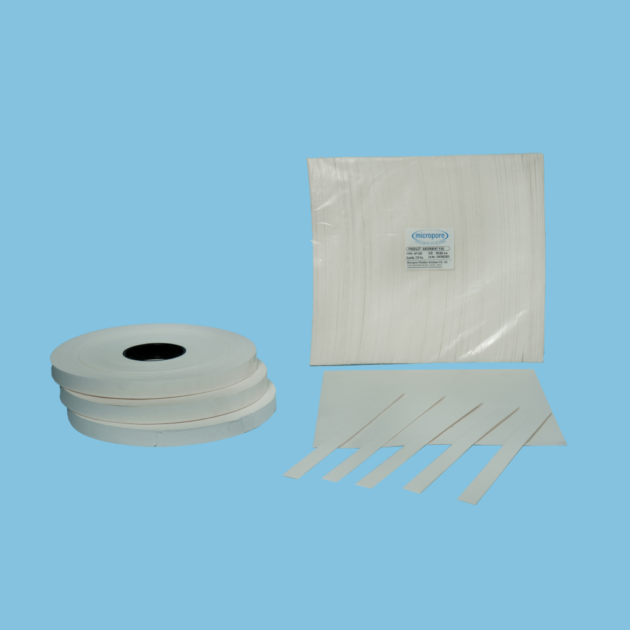Description
Key Types:
- PVC Backing Card – Type BCP250 and BCP300:
- Material: Made from Polyvinyl Chloride (PVC), known for its durability and flexibility.
- Features:
- Sizes: Available in standard sizes such as BCP250 and BCP300 to accommodate different test strip configurations.
- Compatibility: Designed for compatibility with automated manufacturing processes, facilitating efficient production of LFTs.
- Function: Provides a stable base for the assembly of nitrocellulose membranes, sample pads, conjugate pads, and absorbent pads to ensure proper alignment and functionality of the test.
- Application: Widely used in medical diagnostics for rapid detection of various analytes including antibodies, antigens, and biomarkers in clinical samples.
- HIP Backing Card – Type BCH-500:
- Material: High-Impact Polystyrene (HIP), chosen for its strength and impact resistance.
- Features:
- Durability: Offers robust support to prevent bending or warping during handling and storage.
- Versatility: Suitable for use in demanding environments where additional mechanical strength is required.
- Compatibility: Compatible with adhesive and ink printing processes for labeling and branding requirements.
- Application: Ideal for applications in food safety, environmental monitoring, and veterinary diagnostics where reliable test performance is essential.
Benefits:
- Stability: Ensures the structural integrity of the test strips, preventing misalignment and ensuring consistent test performance.
- Ease of Use: Facilitates easy integration into automated assembly lines, reducing production time and increasing throughput.
- Quality Assurance: Manufactured under stringent quality controls to meet regulatory standards and ensure batch-to-batch consistency.
- Customization: Available in different sizes and configurations to meet specific requirements of assay developers and manufacturers.
Plastic backing cards for lateral flow tests, whether PVC (BCP250, BCP300) or HIP (BCH-500), are critical components that contribute to the reliability and efficiency of diagnostic assays, supporting accurate and timely healthcare decisions.




